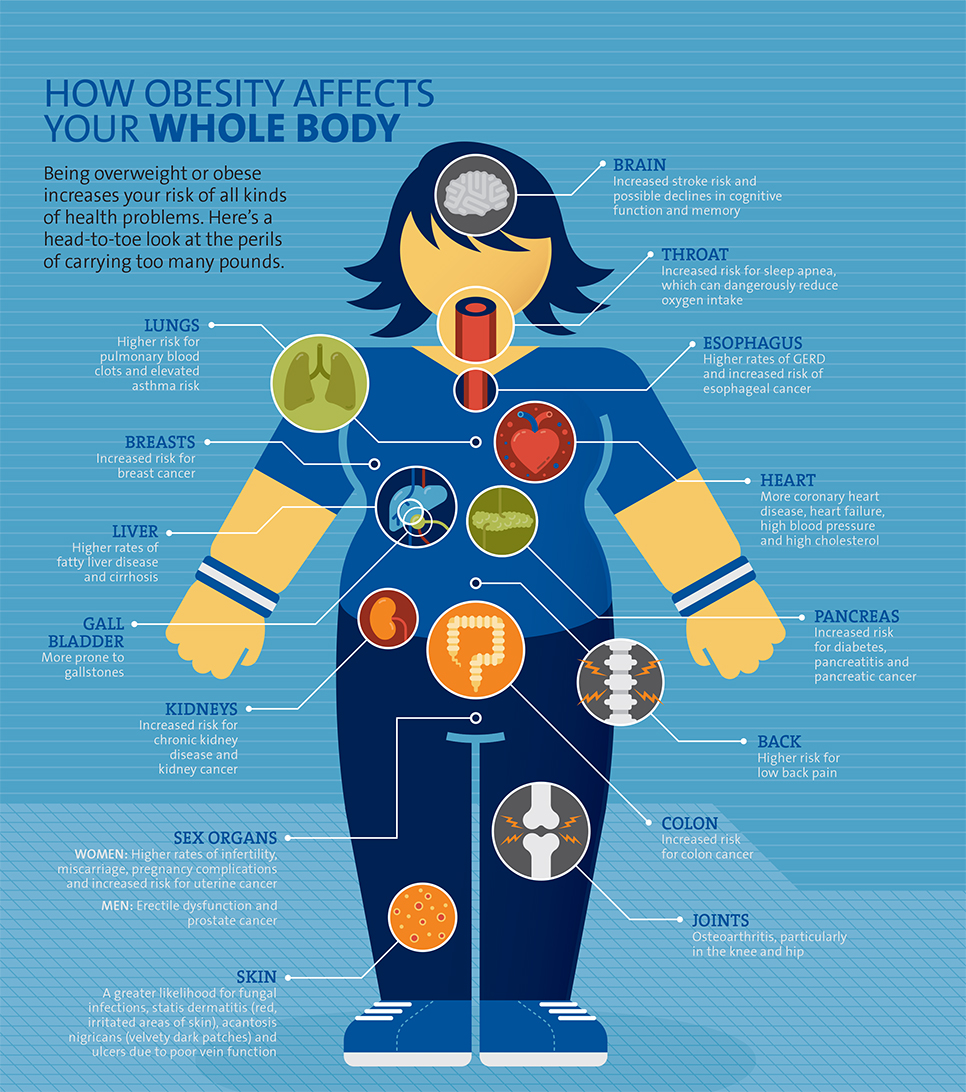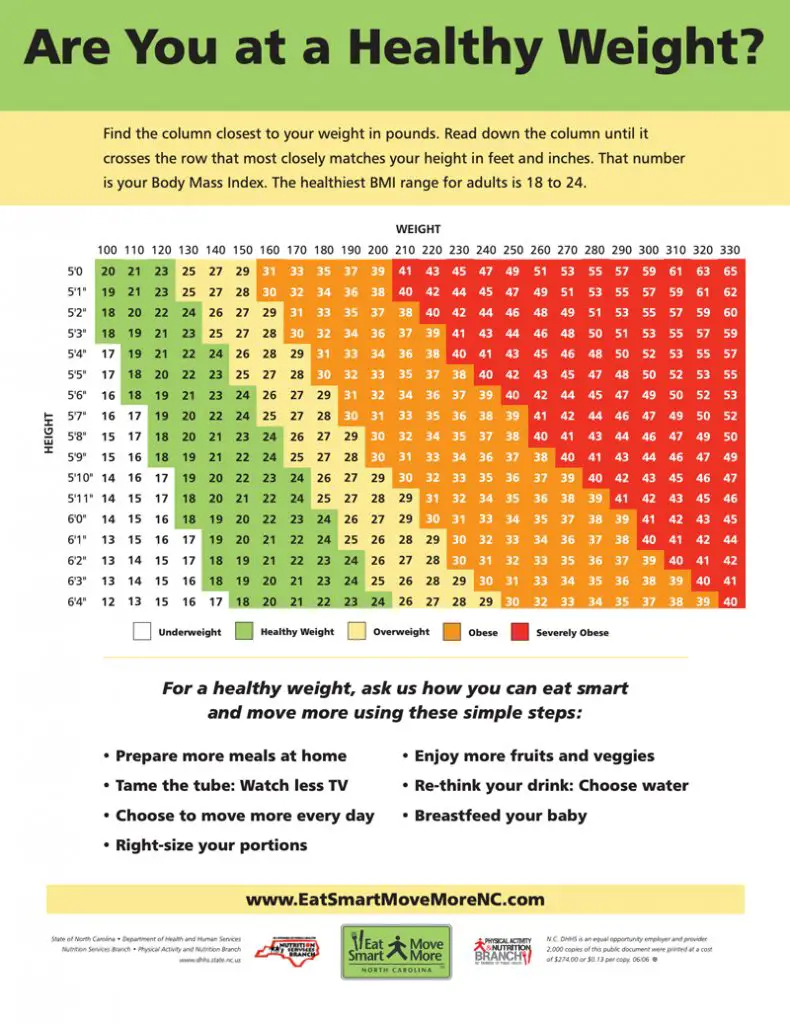Weighthealthy is a great concept that helps people to maintain a healthy weight. It focuses on the importance of a balanced diet and regular exercise. The approach encourages people to take control of their own health by eating a variety of nutrient-rich foods and exercising regularly. It also emphasizes the importance of self-monitoring in order to accurately track progress, so that you can make necessary adjustments to your diet and activity levels. Weighthealthy also encourages mindful eating, which is the practice of being aware of what you are eating, how it makes you feel, and how it affects your overall health.
Through this approach, you can learn to recognize when you are full and when you are still hungry, allowing you to make better decisions about food choices. Additionally, Weighthealthy encourages healthy lifestyle habits like getting enough sleep, reducing stress, and being mindful of your environment, all of which are important for overall health and well-being. Overall, Weighthealthy is a great way to get on track to leading a healthier lifestyle. It provides an effective way to track progress and make smart choices about nutrition and physical activity in order to maintain a healthy weight.
health weight

Maintaining a healthy weight is important for overall health. It is the balance between the amount of energy we take in through food and the amount of energy we use in physical activity. Achieving a healthy weight can reduce the risk of chronic diseases such as heart disease, stroke, and type 2 diabetes. To achieve a health weight, it is important to eat healthy and regular meals and snacks, and to be physically active. You should avoid high-calorie foods and drinks, and choose healthier options such as vegetables, fruits, grains and lean proteins.
Regular physical activity, including brisk walking or jogging, can help you achieve and maintain a healthy weight. Drinking plenty of water throughout the day can help you stay hydrated and feel fuller for longer. Eating slowly can help you eat less, as it takes some time for your brain to process the signal that you are full. Maintaining a healthy weight can benefit your body and mind. It can help you have more energy, feel more confident, and enjoy life more. To reach and maintain a health weight, it is important to make healthy lifestyle choices and be mindful of your portion sizes.
What is the normal healthy body weight?
Generally, a healthy body weight for adults is based on their body mass index (BMI). A BMI of 18.5 to 24.9 is considered to be in the healthy weight range. It is normal to gain or lose weight as you age, so it is important to consult a doctor to determine the right weight range for your age and lifestyle. Eating a balanced diet and engaging in regular physical activity can help to maintain a healthy body weight. Weight can also fluctuate due to hormonal changes or other medical conditions.
If you are concerned about your weight, it is important to talk to your doctor to discuss healthy weight goals and a plan to achieve them. Being at a healthy weight is important for your overall health, as being overweight or obese increases the risk for many chronic diseases, including heart disease, diabetes, and certain types of cancer. Keeping a healthy body weight can also help to maintain your energy levels and good mental health. Achieving and maintaining a healthy weight requires making smart lifestyle choices and eating nutritious foods. Eating regular meals and snacks, monitoring portion sizes, and being mindful of how much and what you are eating can help you to reach and maintain a healthy body weight.
How do you measure your healthy weight?
To measure your healthy weight, there are several things to consider. Firstly, your body mass index (BMI) is an important tool for measuring your healthy weight. This is calculated by dividing your weight in kilograms by your height in metres squared. A BMI between 18.5 and 24.9 is considered a healthy weight. Secondly, waist size can be used to assess your healthy weight.
A waist size over 40 inches for men, and 35 inches for women, is considered a warning sign for carrying too much weight around the stomach area. Thirdly, you can look at your eating habits and activity levels. Eating a balanced diet rich in fruits and vegetables, and taking part in regular exercise, can help maintain a healthy weight. Finally, consulting a healthcare professional is the best way to assess your healthy weight. They can provide you with advice and guidance on how to reach and maintain a healthy weight. By taking these steps, you can measure your healthy weight and ensure you are doing your best to stay healthy.
What does ‘healthy weight’ really mean?
Having a healthy weight means achieving and maintaining a balance between caloric intake and energy expenditure. In other words, your weight should be in alignment with your body size and composition. For many, a healthy weight is achieved through regular exercise and a healthy, balanced diet. Eating a variety of nutritious foods in appropriate portions is key to reaching and maintaining a healthy weight. Eating too much or not enough of foods that are high in fat, sugar and salt can easily cause a person to become overweight or underweight.
Being overweight or underweight can lead to several health problems, such as diabetes, high cholesterol, heart disease, and stroke. It is also important to note that a person’s ideal healthy weight can vary depending on age, sex, and overall body composition. Therefore, it can be difficult to determine what a ‘healthy weight’ really means. Professional medical advice, such as a doctor or nutritionist, can help you find the right balance of exercise and nutrition to achieve and maintain a healthy weight. Maintaining a healthy weight can have a significant impact on mental and physical health, so it is important to stay mindful of your lifestyle choices when it comes to diet and exercise.
What determines healthy weight?
Eating a balanced diet and exercising regularly are key components to maintaining a healthy weight. Genetics also plays a role in weight, as does gender and age. Weighthealthy suggests that adults should aim for a Body Mass Index (BMI) of 18.5 to 24.9. A person’s BMI is calculated based on their height and weight. People with a BMI of 25 and above are considered overweight, while people with a BMI of 30 and above are considered obese.
A healthy weight should provide you with the energy to do everyday activities. It should also support healthy bones, joints, and muscles. One should also be able to maintain and achieve a healthy weight with minimal effort. It is important to note that healthy weight is different for everyone. Eating the right balance of foods and engaging in regular physical activities are important steps to achieving and maintaining a healthy weight. Consulting with a doctor or nutritionist can also help to determine an individual’s healthy weight.
How do you maintain a healthy weight?
Achieving and maintaining a healthy weight involves a range of lifestyle choices, including healthy eating, physical activity and other factors. Eating a balanced diet is one of the most important steps you can take to maintain a healthy weight. This means eating a variety of fruits, vegetables, and whole grains, and limiting the amounts of processed and fast foods you eat. Physical activity is another important part of maintaining a healthy weight. It can help you burn calories and strengthen muscles.
Aim for at least 30 minutes of moderate exercise every day, such as walking, swimming or biking. Monitoring your weight and making sure it stays within a healthy range is also important. Weigh yourself regularly and track your progress. If you notice that your weight is increasing, adjust your diet or increase your physical activity. Finally, don’t forget to get enough sleep. Sleep is important for overall health, and it can also help regulate eating and physical activity. Aim for 7-9 hours of sleep per night. With these simple lifestyle habits, you can work towards a healthy weight.
What is the healthiest way to lose weight?
The key to successful weight loss is developing a lifestyle that includes both physical activity and healthy eating. A healthy diet is one that includes plenty of fresh fruits and vegetables, whole grains, lean proteins and healthy fats. Limiting processed and sugary foods, as well as consuming smaller portion sizes and eating at regular intervals, can be beneficial. In addition to a healthy diet, regular and varied physical activity is important. This can include a combination of cardiovascular exercise, strength training, and flexibility exercises.
Being active not only helps to burn calories, but it also can help reduce stress and improve mood. Enlisting the help of a nutritionist or a certified personal trainer can also be beneficial. An experienced weight management professional can help to create an individualized plan to support healthy weight loss. Most importantly, it’s important to be patient and consistent with any weight loss plan. Making small, manageable changes to diet and exercise can lead to healthy, sustainable results. With dedication and commitment, weighthealthy can help you achieve your weight loss goals.







